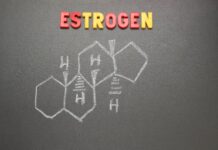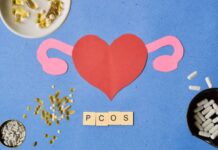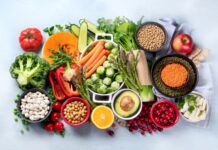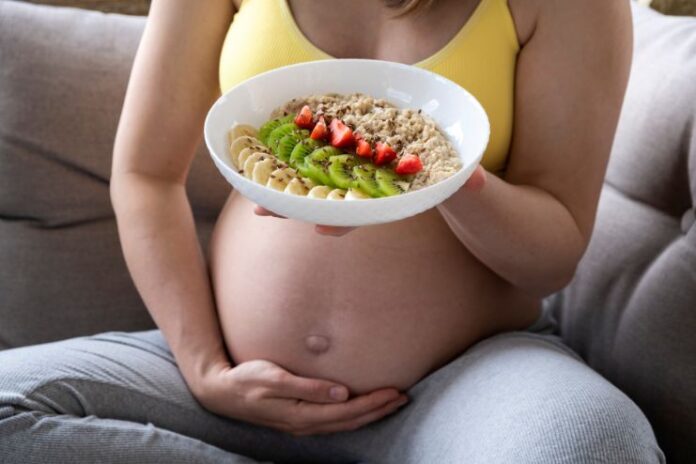As more women adopt plant-based diets, many wonder whether it’s safe to maintain a vegan lifestyle during pregnancy. The major concern: Can a vegan diet support both the overall health of the mother and the growth and development of the baby?
The short answer is yes. With proper planning, a vegan pregnancy can be safe and healthy. However, it involves paying attention to key nutrients, regular monitoring, and getting advice from experienced health professionals.
In this article, we look at the research, expert advice, and practical tips that support a healthy vegan diet during pregnancy.
Read More: 5 Common Mistakes People Make When Starting a Vegan Diet
Is a Vegan Diet Safe During Pregnancy?
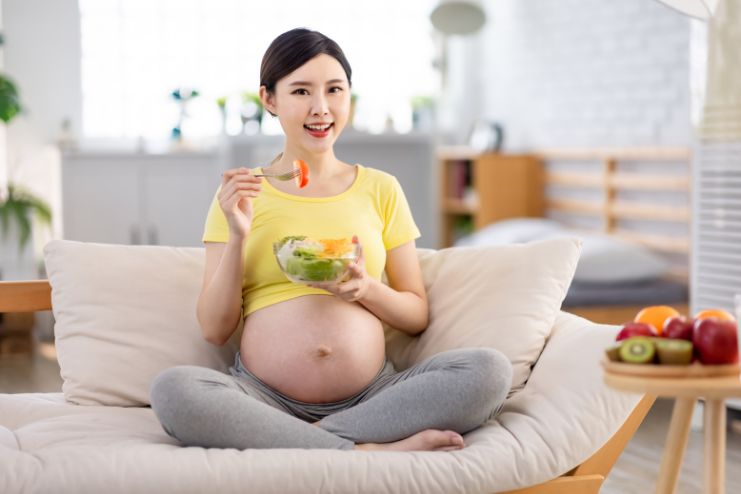
Yes—with planning and supplementation, it’s not only safe, it can be very healthy.
Expert Advice from a Vegan Dietitian
Registered dietitian Alysia Fontaine notes that navigating pregnancy on a vegan diet can be overwhelming, particularly with all the conflicting advice. According to her, working with a vegan dietitian can help pregnant women stay well-nourished and confident in their food choices throughout pregnancy.
Fontaine stresses that prenatal nutrition serves two main purposes: to provide the growing baby with the nutrients they need to develop in the womb and to help the mother have a healthy pregnancy. She also points out that what one eats while pregnant can have long-term effects on the child’s health as they mature into adults.
For those planning a pregnancy or already expecting, consulting a plant-based nutritionist can be an important step toward a stress-free and well-balanced pregnancy.
Several health organizations, including the Academy of Nutrition and Dietetics, state that properly planned vegan diets are appropriate during pregnancy, lactation, infancy, and throughout life.
Recent studies found that vegan pregnancies are associated with similar maternal and fetal health as omnivorous diets, providing key nutrients such as B12, iron, omega-3s, and vitamin D.
Therefore, if you’re pregnant and a vegan, the good news is: you can do this successfully and safely—and your baby can enjoy a nutrient-dense, fiber-rich start to life.
Read More: Easy Guide To Start Vegan Diet For A Week- Make It Simpler
Key Nutrients to Focus on During Pregnancy
A vegan diet automatically focuses on whole foods, fiber, antioxidants, and phytonutrients. However, pregnancy comes with unique nutritional needs, and some nutrients require special attention — here’s what to focus on:
1. Vitamin B12: Non-Negotiable for Neurological Health
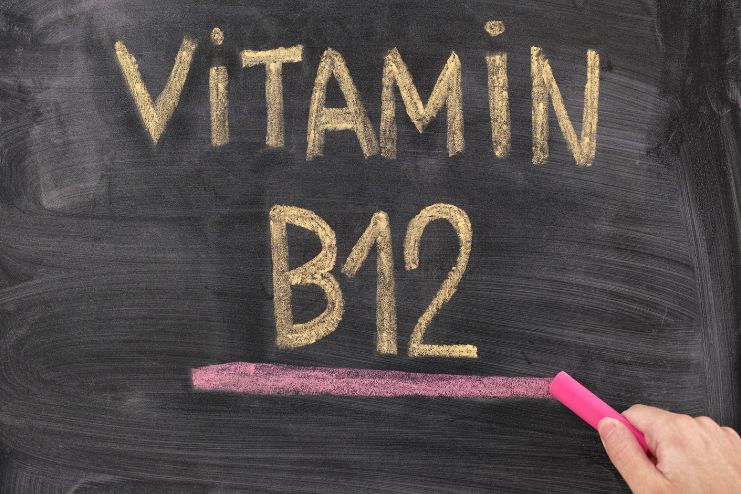
Why it’s Essential: B12 supports fetal brain and development of the nervous system, preventing neural tube defects. It also helps in the production of red blood cells and DNA, both of which are critical during pregnancy.
The Vegan Reality: This vitamin is not naturally present in plant foods. Without supplements, deficiency is a severe risk. Even a mild B12 deficiency in pregnancy may cause developmental delay in the infant and maternal fatigue or mental impairment.
Ideal Sources: Take a B12 supplement (250–500 mcg) every day, or occasional larger doses weekly. Use methylcobalamin or cyanocobalamin forms. Fortified foods (such as nutritional yeast or plant milks) are useful but insufficient on their own.
Opt for cyanocobalamin for stability or methylcobalamin for improved absorption in certain individuals. Seek professional advice to discover what works best for you.
Pro Tip: Always check B12 levels with your healthcare provider while pregnant.
2. Iron: Fueling Baby and Blood Supply
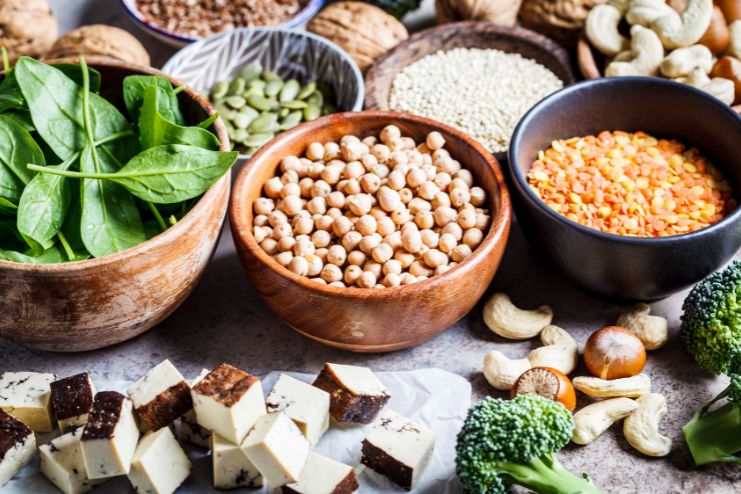
Why it’s Essential: Iron aids in increased maternal blood volume and is essential for the baby’s development and oxygen delivery.
Plant Sources: Lentils, kidney beans, tofu, spinach, quinoa, pumpkin seeds, and iron-fortified cereals.
Absorption Tip: Eat iron-containing foods with vitamin C (consider citrus, bell peppers, or strawberries) to enhance absorption.
Pro Tip: Even with a healthy diet, you might need to supplement iron, particularly in the second and third trimesters. Ask your OB about getting a ferritin test to monitor your iron levels.
3. Omega-3 Fatty Acids (DHA/EPA): Brain and Eye Support

Why Is It Essential: DHA is crucial for fetal brain and eye formation. It helps in the growth of the cerebral cortex and retina of the foetus, which are still developing during pregnancy, particularly in the third trimester.
Plant-based Alternatives: Flaxseeds, chia seeds, and walnuts provide ALA (a DHA precursor), but conversion is poor and unpredictable. Less than 10% of ALA usually gets converted into DHA, and this proportion can decrease even more during pregnancy when the requirements are higher.
Solution: Select an algae-based DHA supplement. These are 100% plant-based and provide the essential brain-building fats your baby needs. They are also free from mercury and ocean-borne contaminants, making them a safer alternative to fish oil.
Targeted Intake: Aim for approximately 200–300 mg DHA daily throughout pregnancy. Some practitioners recommend more if dietary intake is less.
4. Calcium and Vitamin D: For Strong Bones and Beyond
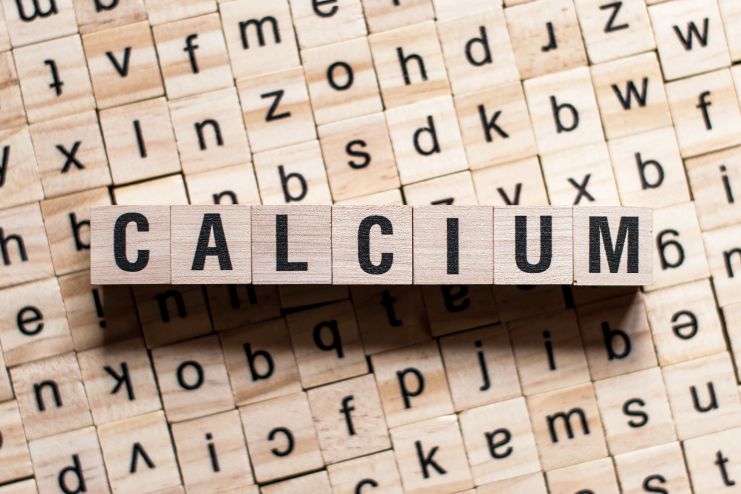
Why Is It Essential: These nutrients aid in skeletal growth, nerve transmission, and muscle contraction. Calcium supports the baby’s developing bones and teeth, while vitamin D helps the body absorb and use calcium effectively.
Vegan Sources: Fortified plant milks (soy, almond, oat), tofu set with calcium sulfate, tahini, kale, bok choy, and almonds. Including these sources each week provides greater nutrient coverage and supports consistent consumption.
Sunlight vs. Supplements: In case of low sun exposure, a vegan D3 supplement (from lichen) is a reliable alternative. Vitamin D production depends on factors like latitude, skin tone, and time spent in the sun, making it an unreliable source for many.
Targeted Calcium Intake: The recommended calcium dosage is 1000 mg per day for most pregnant women. Divide the intake among your meals throughout the day for effective absorption. Remember, avoid taking calcium with high-iron meals, as it may not be very effective.
Read More: 7 Vegan Protein Sources That Will Fuel Your Day
5. Protein: Building Baby, Placenta, and More

Why Is It Essential: Pregnant women require 70–100g of protein per day on average, depending on their weight and trimester. Protein needs increase especially in the second and third trimesters, when fetal tissue, placenta, and blood volume in the mother are rapidly expanding.
Vegan Sources: Lentils, tempeh, tofu, edamame, seitan, quinoa, hemp seeds, nut butters, and plant protein powders. Combine a variety of these foods to ensure you’re getting all the essential amino acids, especially while following a vegan diet.
Intake: Spread protein throughout meals and snacks to keep energy levels steady and help support fetal growth. Experiment with combining protein with fiber-rich carbs and healthy fats to enhance satiety and nutrient absorption.
6. Zinc, Iodine, and Choline
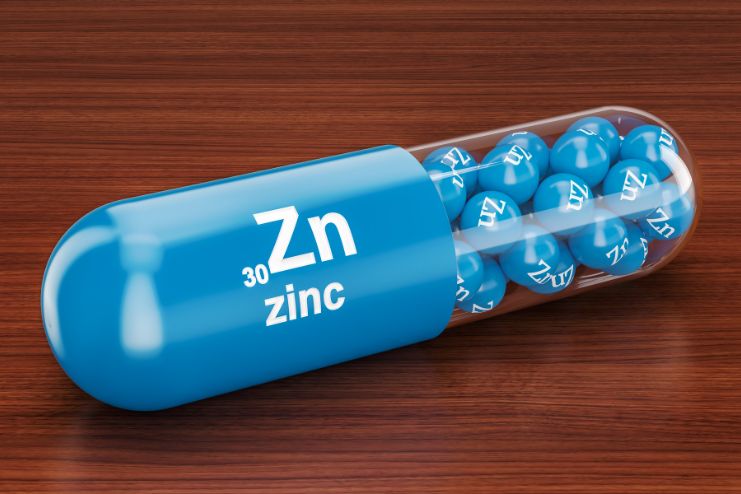
Zinc: Zinc is essential for immune function, DNA synthesis, and wound healing. It is found in beans, seeds, whole grains, and nuts. Optimal sources are beans, seeds, whole grains, and nuts—soaking or sprouting may enhance absorption.
Iodine: Iodine is essential for thyroid function and fetal brain development. While seaweed is a rich source, iodine levels can vary widely. Seaweed contains significant amounts of iodine, though the exact levels depend on the type and source.
To ensure adequate intake, choose a prenatal vitamin that includes iodine or consider an additional supplement. A prenatal vitamin containing iodine, or a dedicated supplement, is a safer and more reliable choice.
Choline: Choline is frequently overlooked, but crucial for memory, brain development, and helps in preventing neural tube defects. Found in soy, broccoli, Brussels sprouts, and quinoa, but often in small amounts. This is why supplementation is recommended in vegan diets to meet the 450 mg/day target.
Read More: Plant-Based Eating and Bone Health: Are You Getting Enough Nutrients?
Tips for a Healthy Vegan Pregnancy

- Work With a Registered Dietitian:
Select an OB-GYN or registered dietitian familiar with plant-based nutrition. This facilitates conversations regarding lab work, supplements, and meal planning. - Choose a Complete Vegan Prenatal Vitamin:
Search for one that contains B12, DHA, iodine, iron, zinc, vitamin D3, and choline. - Prioritize Diversity on Your Plate:
Mix up your meals with various legumes, grains, nuts, seeds, veggies, and healthy fats to hit your macro- and micronutrient needs naturally. - Track Your Intake:
Especially during your second and third trimesters, track protein, calories, and key nutrients to ensure you’re getting enough for two. - Stay Hydrated and Don’t Fear Healthy Fats:
Avocados, olive oil, nut butters, flax, chia, and walnuts fuel hormone production and help your baby grow strong.
Common Myths About Vegan Pregnancy—Debunked
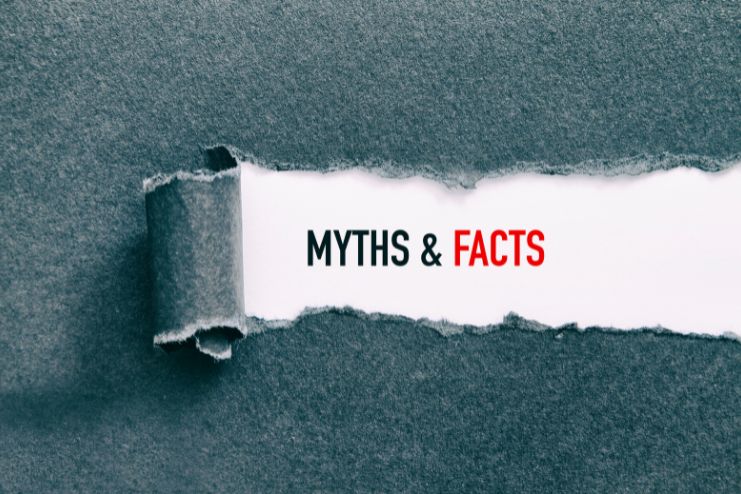
Myth 1: A Vegan Diet Doesn’t Provide Enough Protein for Pregnancy
Reality: While on a vegan diet, protein requirements can be fulfilled. Legumes, tofu, tempeh, quinoa, whole grains, nuts, and seeds are all great sources. If eaten throughout the day, they provide all the amino acids necessary. With some planning, satisfying the recommended protein intake of 70–100 grams per day during pregnancy is possible.
Myth 2: Vegan Diets Lead to Nutrient Deficiencies in Babies
Reality: Scientific studies prove otherwise. If vitamin B12, iron, and omega-3 fatty acids like DHA in the diet are maintained, then vegan pregnancies will promote normal development of the baby and mother alike. A 2019 review in Nutrients found that, with adequate supplementation and dietary variety, vegan pregnancies can have outcomes comparable to those of omnivorous pregnancies
Myth 3: Dairy Is Essential for Calcium
Reality: Calcium is widely available in a vegan diet through fortified plant milk, tofu made out of calcium sulfate, tahini, almonds, and dark leafy greens. Moreover, vegan calcium supplements offer a reliable alternative when needed. Bone health is not dependent on dairy—it’s dependent on overall calcium intake, which can be met through many plant-based sources.
When You May Need to Reassess Your Approach
Some signs that your diet may need adjustments include:
- Persistent fatigue that does not get better with rest
- Poor or stalled weight gain
- Low blood test results for iron, B12, or vitamin D
In case of either of the situations listed above, think about increasing your portion sizes, adding a variety of foods to your diet, or changing your supplement routine. There is no harm in making informed changes—your mission is to nourish your body and your baby.
Conclusion

Choosing a vegan diet during pregnancy is not just easy; it can be deeply nourishing and aligned with your values. With thoughtful planning and support from expert health professionals and nutritionists, plant-based rich whole foods and proper supplements can fully support both your health and your baby’s development.
Pregnancy is a time of change, growth, and heightened nutritional needs. But it is also a time to trust your instincts, lean into your lifestyle, and make empowered choices.
Stay curious. Stay intentional. And remember: nourishing yourself is the first act of nourishing your baby.
References
- https://pmc.ncbi.nlm.nih.gov/articles/PMC10685994/
- https://www.babycenter.com/pregnancy/diet-and-fitness/protein-in-your-pregnancy-diet_1690
- https://www.netmeds.com/health-library/post/choline-health-benefits-uses-food-sources-and-side-effects
- https://www.sciencedirect.com/science/article/abs/pii/S2212267216311923
- https://pmc.ncbi.nlm.nih.gov/articles/PMC6470702/
- https://alyssafontaine.com/about
In this Article


